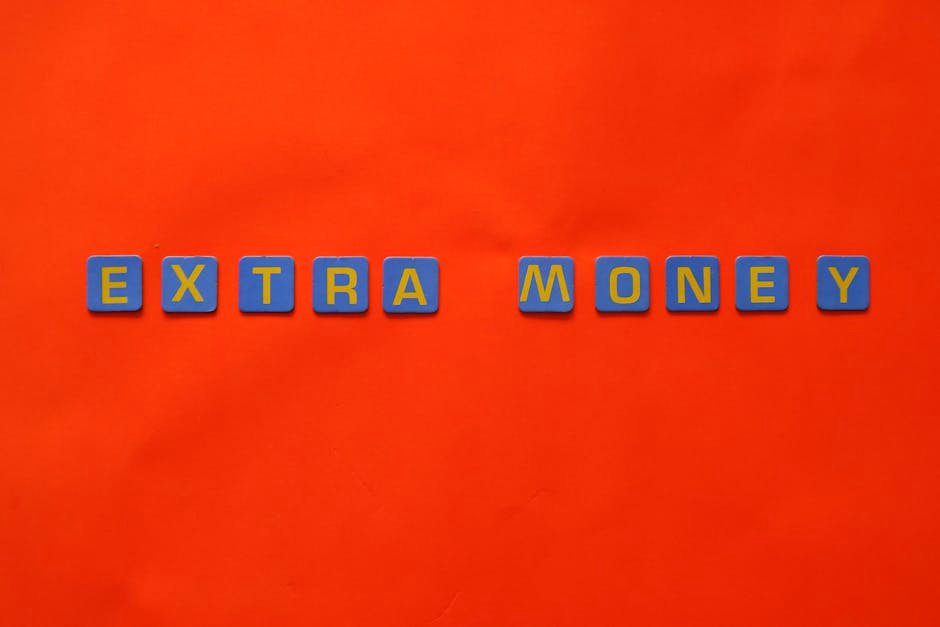Madagascar President Flees Amidst Protests and Loss of Key Support
Madagascar’s President, Andry Rajoelina, reportedly left the country on Monday, October 7th, amidst growing unrest and dwindling support from key sectors, including a critical army unit. According to reports from French state radio RFI, Rajoelina was evacuated on a French military aircraft following an arrangement with French President Emmanuel Macron. His destination was initially reported to be Dubai. The departure occurred hours before Rajoelina was scheduled to address the nation.
Table of contents
Official guidance: USA.gov — official guidance for Madagascar president flees losing support key Explained
The Loss of Support from the Capsat Unit

A significant factor contributing to Rajoelina’s weakening position was the defection of the elite Capsat unit, a military force that played a pivotal role in his ascent to power in 2009. This unit joined the “Gen Z Madagascar” movement, a youth-led protest against corruption and poverty. The movement had previously rejected an invitation to meet with Rajoelina, demanding his resignation instead. The Capsat unit’s shift in allegiance signaled a major erosion of the president’s authority and ability to maintain order.
On Saturday before the reported departure, some Capsat soldiers posted a video on social media urging other military personnel, including gendarmes and police, to refuse orders to fire on protestors. The video called for unity among the security forces and emphasized that those giving the orders would not be responsible for the welfare of their families if they were killed. This call to action further undermined the chain of command and emboldened the protest movement.
“Gen Z Madagascar” and the Growing Protests

The “Gen Z Madagascar” movement, fueled by frustration over corruption and poverty, organized large-scale protests in the capital, Antananarivo. On Monday, demonstrators gathered in front of the city hall, waving flags and chanting slogans. Some protestors were seen on military vehicles, highlighting the growing support for the movement within the armed forces, specifically the Capsat unit and some members of the gendarmerie. The movement’s refusal to negotiate with Rajoelina and their demand for his immediate resignation underscored the depth of their dissatisfaction with his leadership.
The protests followed the arrest of two politicians on September 19th, who were allegedly planning a demonstration against chronic power and water outages in the country. These arrests appear to have acted as a catalyst, intensifying the existing discontent and galvanizing the protest movement.
Violence and Allegations of Excessive Force
The protests have been marked by violence, with reports indicating that at least 22 people were killed in the initial days. The United Nations attributed these deaths to security forces and violence sparked by criminal gangs and looters. However, Rajoelina disputed the UN’s death toll, stating that there were only “12 confirmed deaths” and that “all of these individuals were looters and vandals.”
Gendarmerie officers, accused of using heavy-handed tactics during the protests, admitted in a video statement to “faults and excesses” in their response. This admission, coupled with the Capsat unit’s defection, suggests a growing acknowledgment within the security forces of the legitimacy of the protestors’ grievances and a reluctance to use force against them.
Rajoelina’s Precarious Position
Andry Rajoelina, 51, previously served as president from 2009 to 2014 and returned to power in 2023. His reported departure on a French military aircraft suggests a significant loss of control and a recognition that his position was untenable. The combination of widespread protests, the defection of a key military unit, and allegations of excessive force against protestors created a perfect storm that ultimately led to his reported flight from the country.
RFI reported that Rajoelina, who also holds French citizenship, left after a deal with President Emmanuel Macron. This detail raises questions about France’s role in the situation and the future of Madagascar’s political landscape. The events unfolding in Madagascar highlight the fragility of political stability in the face of widespread discontent and the importance of maintaining the support of key institutions, including the military.
Disclaimer: The information in this article is for general guidance only and may contain affiliate links. Always verify details with official sources.
Explore more: related articles.




